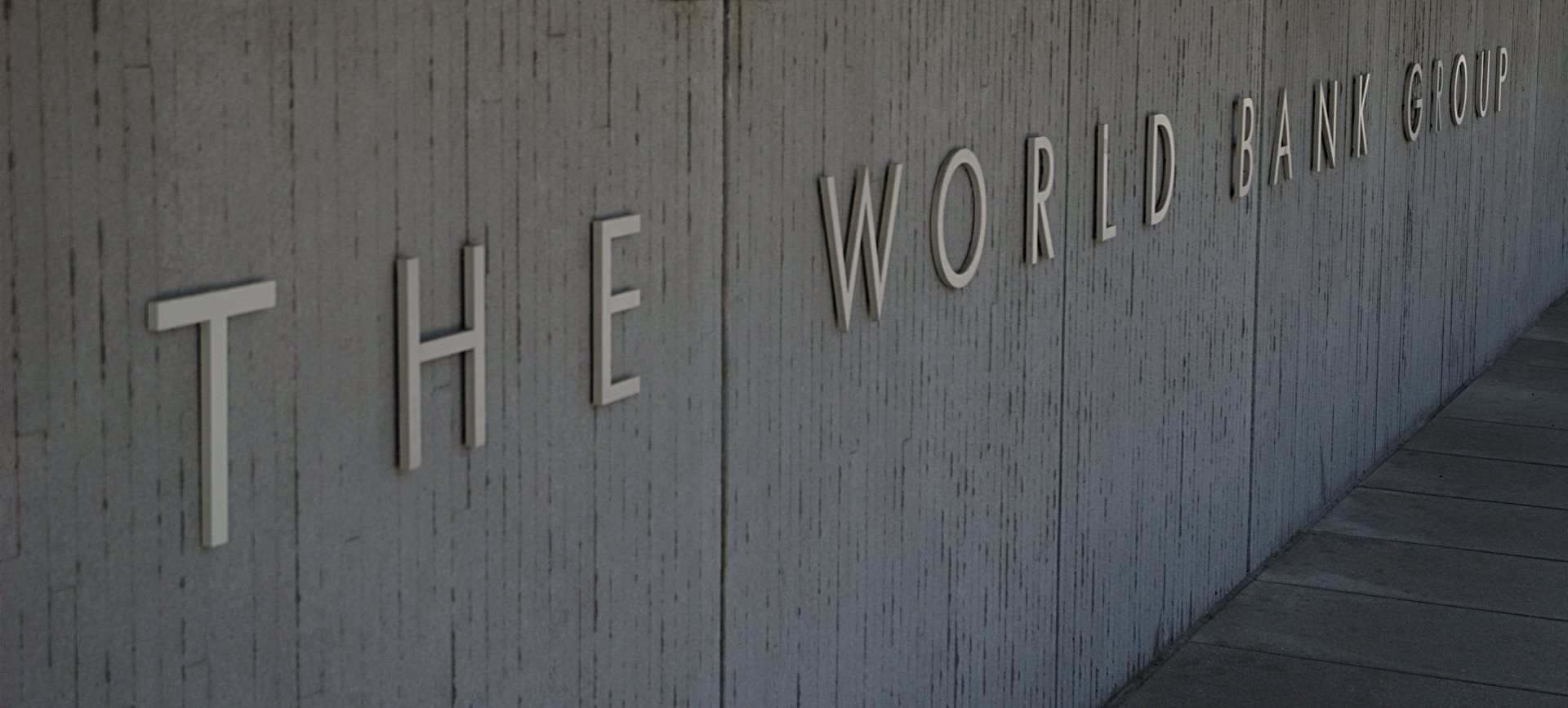
Regional and International Financial Institutions
UNCDF operates where there is a significant gap that is not being filled by other development finance actors in the least developed countries (LDCs). UNCDF deploys public resources (such as official development assistance, or ODA) to reveal new markets and create incentives to attract private capital. UNCDF pilot projects that are supported by local governments and local banks, address critical gaps in development, and can be scaled up to yield significant benefits.
To this end, UNCDF and International Financial Institutions (IFIs), including the World Bank Group and other multilateral and regional development banks, have established mutually-beneficial partnerships to enhance support for national governments and local communities and improve the sustainability of development efforts.
UNCDF offers a range of unique value propositions as a partner to IFIs:
- Local in-country presence and expertise in developing pipelines of investable projects in areas where finance does not typically reach. This includes supporting financial service providers to reach underserved and poor households and small businesses, and mobilizing investments in local infrastructure in secondary cities, peri-urban and rural areas where IFIs often are not active.
- Experience in de-risking investments that have strong development impact but require up-front structuring and risk-taking or are too small to attract IFIs or other investors.
- Willingness to support catalytic investments (e.g. those that help local authorities adapt to climate change or boost local economic development to recover from crisis) and innovative approaches (e.g. targeting unbanked rural women using digital financial services or using pay-as-you-go systems to expand access to clean energy) that reveal markets to wider pools of investors – including IFIs, domestic banks, and institutional investors— for scaling-up and replication.
- UNCDF’s unique mandate in the UN system allows it to issue capital grants, loans, and guarantees directly to the private sector or, where the regulatory environment allows, to sub-sovereign levels of government. UNCDF’s rigorous internal systems, vetting processes, and performance-based agreements support this unique mandate, allowing UNCDF to demonstrate flexibility and agility valued by partners (see UNCDF’s ranking in the Smart Aid index for its financial inclusion work).
- UNCDF is a trusted partner of LDCs and is a specific international support measure to LDCs in the context of the Istanbul Programme of Action. UNCDF brings LDCs together around new innovations in finance in the last mile, such as those related to climate adaptation finance for local infrastructure, best practices in digital finance, financial inclusion for excluded populations, and scaling up of sustainable development solutions.
UNCDF has a track record of working with LDCs and IFIs to scale up successful development projects.
The World Bank has acknowledged the innovative approaches and strong technical expertise of UNCDF in assisting the Bank’s own decentralization efforts. An assessment by the World Bank’s Independent Evaluation Group (IEG) found that the Bank’s technical support to national governments was most successful in countries where UNCDF had previously provided in-depth policy analysis, created new models for fiscal decentralization, and developed performance-based grant systems. The evaluation cited several countries, including Uganda and Sierra Leone, where the Bank’s “operational work was undertaken in collaboration with other development partners, based on successful UN Capital Development Fund (UNCDF) pilot projects.” [Source: 2008 Decentralization in Client Countries: An evaluation of WB Support]
Stay Connected
Get the latest news, resources and insights delivered directly to your inbox